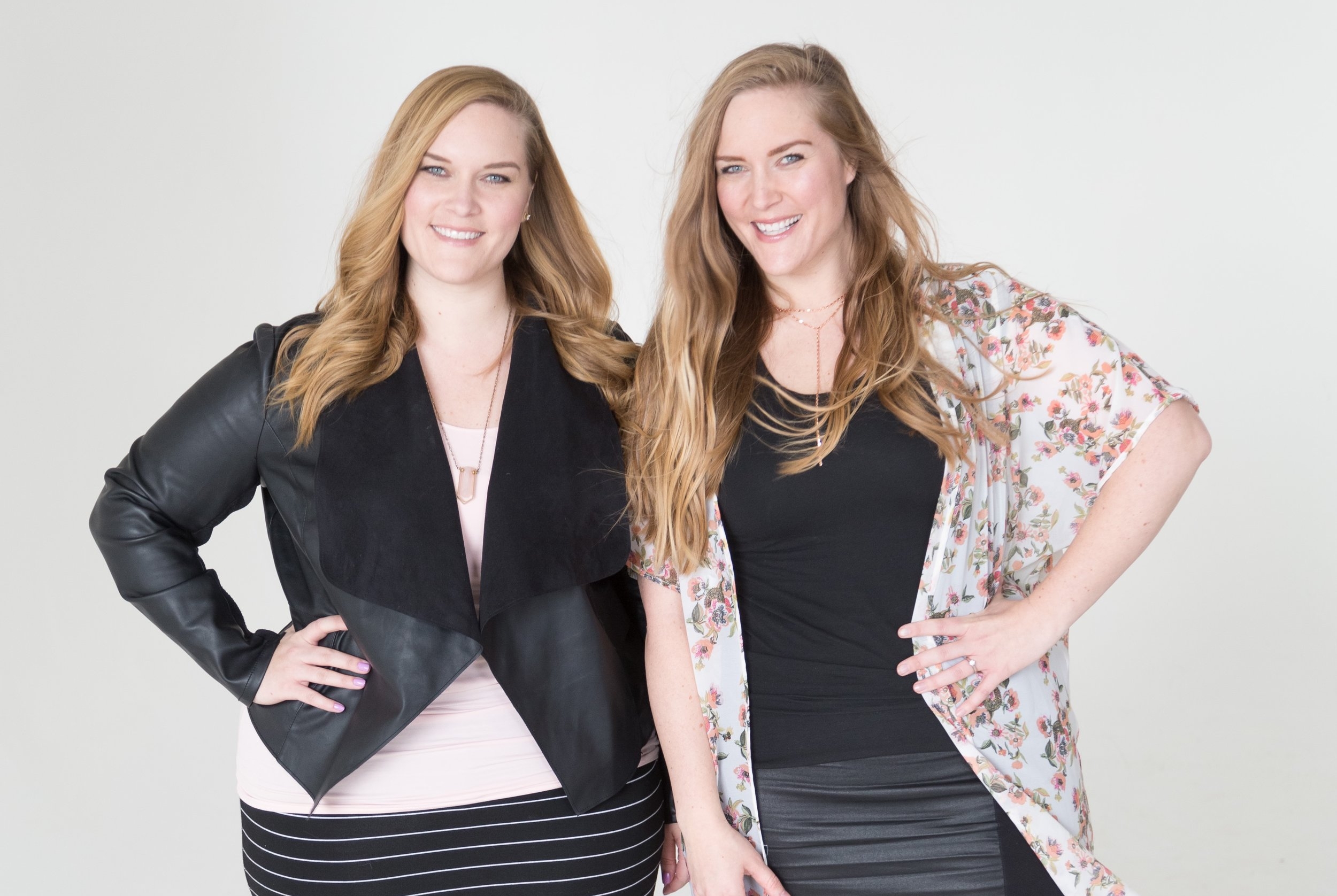Food Psych #144: Body-Image Resilience with Lindsay & Lexie Kite
Body image researchers and Beauty Redefined co-founders Lindsay and Lexie Kite join us to talk about diet culture as “The Life Thief” and how self-objectification operates in a similar way, overcoming body shame, building body-image resilience, how feminism has informed Lindsay and Lexie’s work, why body positivity and body image work are social justice issues, and so much more! Plus, Christy answers a listener question about whether it's possible to stop the binge-restrict cycle while living in poverty.
Beauty Redefined, a 501(c)(3) nonprofit dedicated to promoting positive body image online and in live speaking events, is run by identical twins Lexie Kite, Ph.D. and Lindsay Kite, Ph.D. Since establishing Beauty Redefined in 2009, Lexie and Lindsay have become leading experts in the work of body image resilience through research-backed online education available on their website, social media, and through speaking events to tens of thousands across the US. While many well-intentioned people promote positive body image from the basis of helping women realize and embrace their beauty, Beauty Redefined changes the conversation about body image by telling girls and women they are MORE than beautiful. Lexie and Lindsay assert positive body image is about feeling positively toward your body overall, not just what it looks like. The Beauty Redefined mantra is: “Women are more than just bodies. See more. Be more.” This expanded definition of positive body image provides the foundation for their overall mission to promote body image resilience, or the ability to become stronger *because* of the difficulties and shame women experience in their bodies, not *in spite of* those things.Through both research and personal experiences, Beauty Redefined works to arm girls and women with the tools to become resilient in the face of objectification and unreal ideals about female bodies. Find them online at BeautyRedefined.org.
Grab Christy's free guide, 7 simple strategies for finding peace and freedom with food, to start your intuitive eating journey. You can also text "7STRATEGIES" to the phone number 44222 to get it on the go :)
We Discuss:
Lindsay and Lexie’s relationship with food growing up, including learning about the thin ideal through media representation, being pushed to crash dieting, and moralizing food choices
How sports and competitive swimming affected their relationship with their bodies
Objectification and self-objectification, including Lindsay and Lexie’s PhD work in the field
Diet culture as “The Life Thief,” and how self-objectification operates in a similar way
How our personal healing and pain can help others down the line
Lindsay and Lexie’s work in body-image resilience and disrupting comfort zones
How Lindsay and Lexie’s college courses in journalism and media informed their understanding of body image
Overcoming body shame, and the profound effect of planting seeds
The truth that weight loss doesn’t improve body image
How to shift our value away from body size and towards our accomplishments, viewing the body as an instrument rather than an ornament, and moving towards an internal sense of self-worth
The shape-shifting nature of diet culture
Why body positivity and body image work are social justice issues
How feminism has informed Lindsay and Lexie’s work and research, the process of embracing the label of “feminist,” and the problem with choice feminism
Acknowledging that body hatred isn’t size-specific
How focusing on the beauty ideal steals our power in the political landscape
Lindsay and Lexie’s explanation of self-objectification theory, body-image resilience, and body-image disruptions
Resources Mentioned
Some of the links below are affiliate links. Affiliates or not, we only recommend products and services that align with our values.
Beauty Redefined’s Facebook page, Instagram, Twitter, Body Image Resilience online program, and TEDx talk
Lisa DuBreuil’s Food Psych Podcast episode
The Beauty Myth by Naomi Wolf
The Feminine Mystique by Betty Friedan
Listener Question of the Week
How can we heal from disordered eating and utilize the tools of intuitive eating if we live in poverty and don’t have access to an abundance of food? What are some of the ways that intuitive eating is a classist form of recovery?
(Resources Mentioned: FeedingAmerica.org, Maslow's Hierarchy of Needs)

